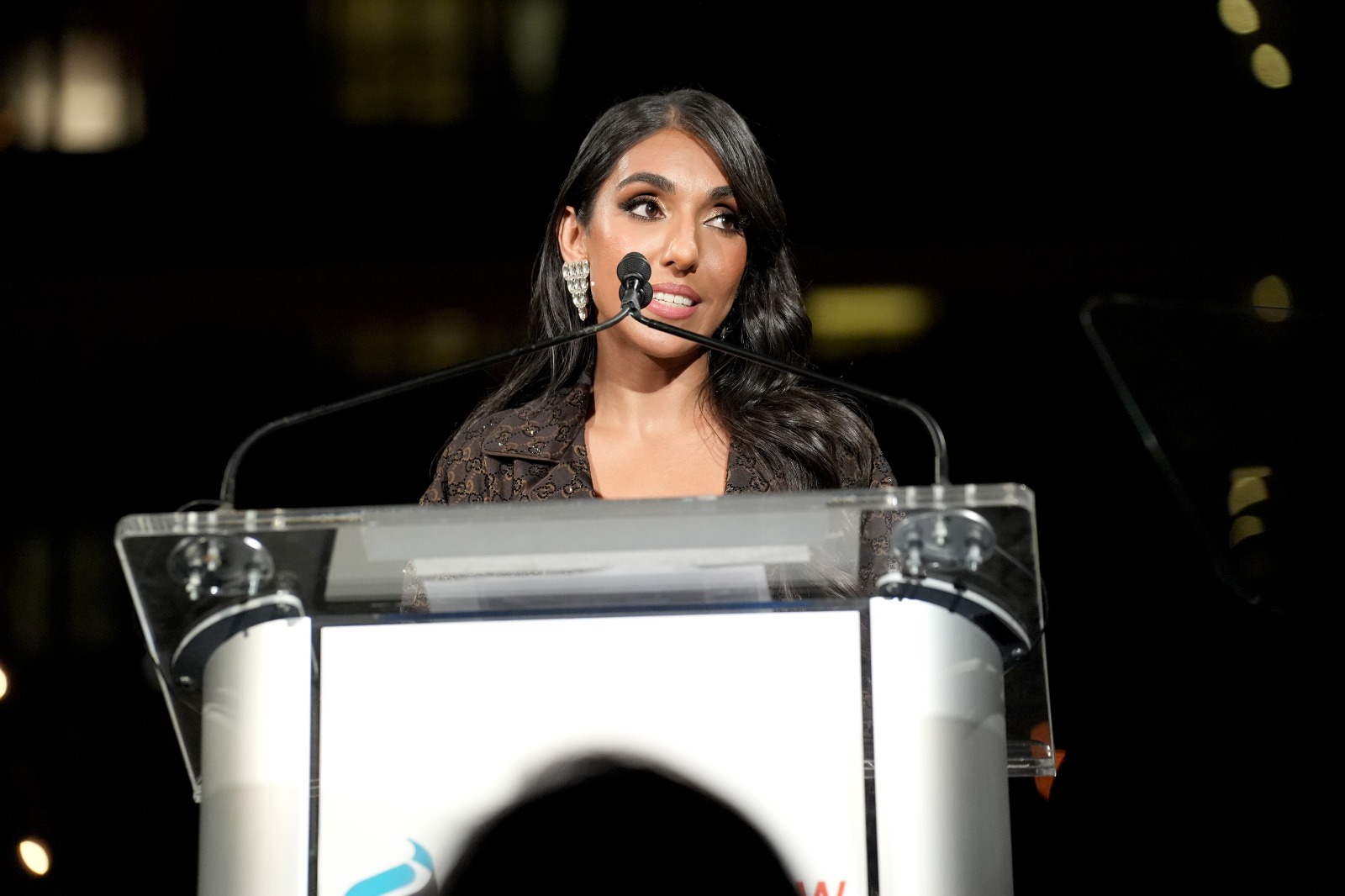Canadian poet Rupi Kaur has made a bold statement by declining an invitation to a Diwali celebration at the White House in protest against the Biden administration’s handling of the Israel-Hamas war. In a powerful social media post, Kaur expressed her refusal to participate in an event hosted by an institution that she believes supports the “collective punishment” of civilians. This decision has ignited a significant debate over the Biden administration’s stance on the ongoing conflict and the celebration of Diwali, the Hindu festival of lights, in this context.
Rupi Kaur’s Protest and Message
Rupi Kaur, the India-born poet known for her critically-acclaimed book “Milk and Honey,” took to social media to announce her decision to decline the White House Diwali invitation. In her statement, she highlighted her disbelief that the administration would celebrate Diwali, a festival symbolizing righteousness and knowledge, given her assertion that it justifies the “genocide against Palestinians.” She urged fellow South Asians to hold the U.S. government accountable for its actions in the Israel-Hamas conflict.
Ms. Kaur, a prominent figure among the South Asian community, made it clear that she could not allow her image to be associated with what she perceives as the whitewashing of the administration’s actions. Her decision brings to the forefront the issue of using cultural events for political purposes.
The Israel-Hamas Conflict and U.S. Response
The ongoing Israel-Hamas conflict, which began on October 7th after Hamas’s attack on Israel, has resulted in significant casualties. According to Israeli authorities, more than 1,400 people have lost their lives, with an additional 240 being held hostage in Gaza. The Hamas-run health ministry in Gaza reports a much higher toll, with over 10,300 Palestinians killed, including more than 4,100 children.
The conflict has also led to a dire humanitarian situation, with an Israeli siege on Gaza limiting access to essential resources such as food, water, and fuel for the 2.2 million people living in the enclave. The international community, including the United Nations, has called for a humanitarian ceasefire, but President Joe Biden has thus far supported a “pause” in the fighting.
U.S. Policy and International Aid
Rupi Kaur’s protest sheds light on the U.S. government’s stance in the Israel-Hamas conflict. While the Biden administration has emphasized the need to protect Palestinian civilians and reduce civilian harm during military operations, it has also called on Congress to provide over $14 billion in aid to Israel. Additionally, the U.S. government has previously announced $100 million in aid to Palestinians in Gaza and the West Bank, aiming to alleviate the humanitarian crisis.
In contrast to Kaur’s stance, President Biden reiterated his support for Israel during a recent call with Prime Minister Benjamin Netanyahu. This reaffirmation of support for Israel has sparked a debate over the administration’s approach to the conflict, with some expressing concerns about its implications for peace in the region.
As the Diwali event at the White House approaches, Rupi Kaur’s refusal to attend has opened a dialogue about the intersection of culture, politics, and international conflicts. The poet’s message serves as a powerful reminder that even festive celebrations can be used as platforms to voice dissent and raise awareness of global issues. The impact of her decision and the ongoing conflict continue to be subjects of intense discussion and scrutiny on both national and international stages.















